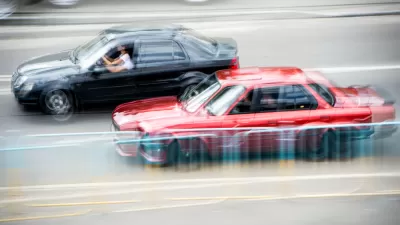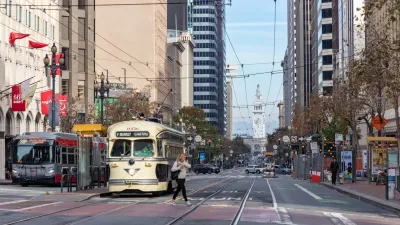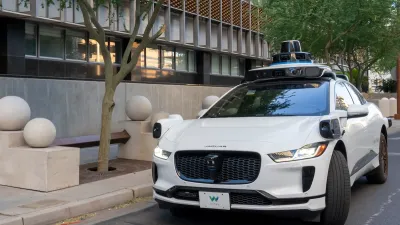A new study also finds reason to believe that self-driving cars will make everyone nicer and generally more affable that any point in human history since the advent of the car.

Can't we all just get along?
Once self-driving cars take the wheel, World Peace might become a reality, according to a highly-anticipated study released recently by the Insurance Institute for Highway Safety.
The study gathered safety records for existing autonomous vehicle pilot projects, predicted data from systems models used to program the self-driving fleets at Google, Tesla, and Uber, and surveyed thousands of users across demographics of age, location, and race. The result of the study produced a startling conclusion: self-driving cars have a 70 percent chance of bringing about a new era of humankind, define by the peaceful coexistence of people of all races, income levels, and age groups.
"Basically that when you subtract out the many inefficiencies and errors of the current transportation system, as well as the psychological effects of navigating the system on its users, you redefine the entire human race," said Dr. T. Hank Goodness in a prepared statement at a press conference announcing the study. "Better late than never?" asked a noticeably smug Dr. Goodness.
The potential benefit of autonomous vehicles for traffic safety and congestion relief have been the subject of many studies and media analyses since the self-driving technology first hit the roads. But the IIHS study is the first to also attempt to quantify the larger impact of those improvements to the entire human race.
Not every one is sold on the potential benefits of self-driving cars, however. Representatives from a coalition of auto insurance companies, concerned about the potential obsolescence of their business model in a future defined by efficiency and teamwork, released a joint statement countering the study's findings. "The 30 percent chance self-driving cars will not bring about World Peace is the most likely 30 percent ever," reads the statement. "Transportation will never be a rational system as long as human beings are involved, even if they're not driving the cars."
FULL STORY: Study: Self-Driving Cars Likely to Restore 70% of Lost Faith in Humanity

Alabama: Trump Terminates Settlements for Black Communities Harmed By Raw Sewage
Trump deemed the landmark civil rights agreement “illegal DEI and environmental justice policy.”

Planetizen Federal Action Tracker
A weekly monitor of how Trump’s orders and actions are impacting planners and planning in America.

Why Should We Subsidize Public Transportation?
Many public transit agencies face financial stress due to rising costs, declining fare revenue, and declining subsidies. Transit advocates must provide a strong business case for increasing public transit funding.

Judge Orders Release of Frozen IRA, IIJA Funding
The decision is a victory for environmental groups who charged that freezing funds for critical infrastructure and disaster response programs caused “real and irreparable harm” to communities.

‘Clybourne Park’ Sets Stage for Housing Equity Discussions
Clybourne Park, a play exploring race, real estate, and community tensions, can set the stage for discussion on the lasting impacts of housing discrimination, gentrification, and the fight for affordability.

Understanding Road Diets
An explainer from Momentum highlights the advantages of reducing vehicle lanes in favor of more bike, transit, and pedestrian infrastructure.
Urban Design for Planners 1: Software Tools
This six-course series explores essential urban design concepts using open source software and equips planners with the tools they need to participate fully in the urban design process.
Planning for Universal Design
Learn the tools for implementing Universal Design in planning regulations.
Caltrans
Smith Gee Studio
Institute for Housing and Urban Development Studies (IHS)
City of Grandview
Harvard GSD Executive Education
Toledo-Lucas County Plan Commissions
Salt Lake City
NYU Wagner Graduate School of Public Service





























